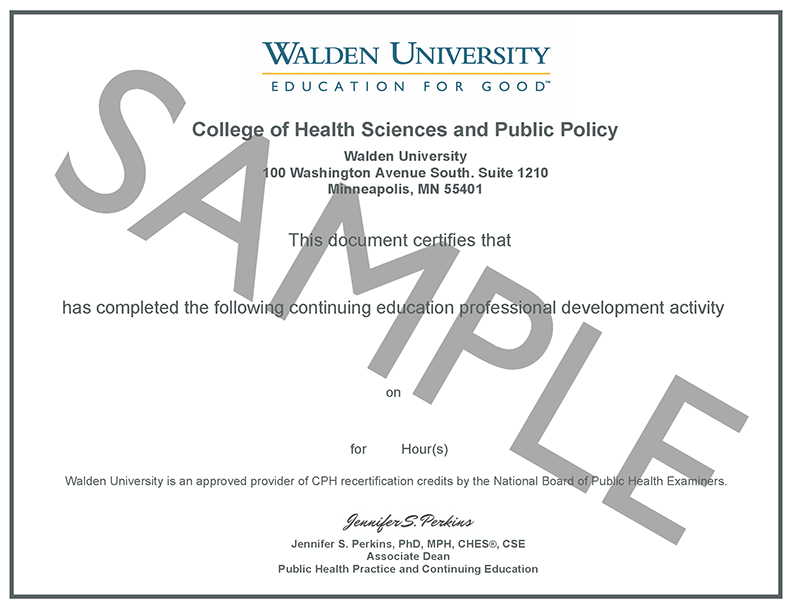Description
Abundant evidence shows that emotions contribute to health and disease and play a role in many public health issues. For example, anger is implicated in the etiology of hypertension, frustration is a well-established factor contributing to domestic violence, and loneliness is associated with multiple poor health outcomes. Likewise, curiosity is associated with longevity, and gratitude uniquely predicts lower levels of depression in arthritis. Since emotions are responses to stimuli, including social and environmental events and conditions, clear associations exist between emotional status and social and environmental factors. In this webinar, we will explore the proposition that emotion is a psychosocial determinant of health and consider how data on emotional status may be collected.
Expiration Date: 10-05-2024








